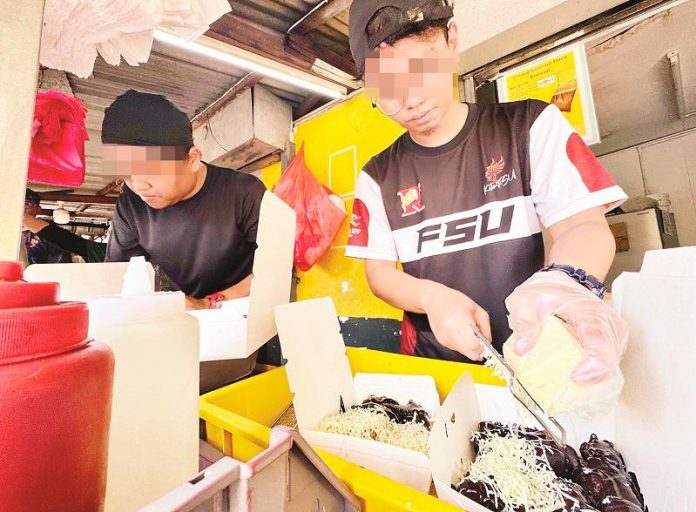PETALING JAYA: An academic has warned the public to beware of their consumption of processed cheese as they could be putting their health at risk.
Universiti Teknologi Mara Food Science and Technology Programme senior lecturer Dr Siti Roha Ab Mutalib said processed cheese is known for its convenience but has high sodium levels that are linked to hypertension, and may increase the risk of heart disease
and stroke.
“Processed cheese is calorie-dense and overconsumption could contribute to weight gain, raising the likelihood of developing metabolic conditions.”
She said while processed cheese provides some calcium and protein, its overall nutritional value often falls short compared with natural cheese.
Malaysians consume processed cheese through various sources, from goreng pisang with cheese to mozzarella corn dogs, cheesy instant noodles and cheese naan.
“Processed cheese is not as nutrient-dense as natural cheese and overconsumption should be avoided, especially for individuals with existing health concerns.”
She said processed cheese is not just a dietary concern but has significant environmental implications as well.
She explained that the production of synthetic additives requires considerable energy while the plastic packaging commonly used for processed cheese slices contributes
to pollution.
“The individually wrapped slices may be convenient but they contribute to plastic waste. Chemicals in the plastic wrappers could also migrate into food, especially with dairy products, raising additional health concerns.”
She said one of the most pressing issues in the cheese market is labelling, with terms such as “cheesy slices” often creating a false impression of natural cheese.
“Consumers need to be vigilant about what they are buying. Labels can be misleading, so it is crucial to read the ingredients list and nutritional information.”
She advised looking for products with minimal additives and low sodium content to make healthier choices.
Siti Roha said the complex production of processed cheese makes it difficult to trace the origin of its ingredients, and suggested
that consumers look for certifications and labels indicating sustainable and ethical sourcing practices.
“Certifications such as ‘organic’ or ‘grass-fed’ could reassure one about the quality of the milk used. Manufacturer transparency is also key. Some brands disclose detailed sourcing information, which helps consumers make informed decisions.”
She said for those seeking a healthier and more sustainable option, natural cheese is a better choice, but one must purchase products made with raw or pasteurised milk that are free of artificial additives.
“Natural cheeses not only offer richer flavours but also retain their nutrient-dense qualities without the need for synthetic additives,” she said, calling for greater transparency from manufacturers to help consumers make informed choices.
She said as processed cheese continues to dominate the market, the public should practise moderation and be mindful when purchasing food products at night markets with processed cheese toppings.
“Processed cheese offers convenience but its health and environmental impacts cannot be ignored. Consumers need to balance their choices, opting for natural cheese whenever possible and consuming processed cheese in moderation, if at all.
“The decision lies with the consumer. Armed with knowledge and a commitment to healthier habits, Malaysians could make informed choices that align with their dietary and environmental values.”








